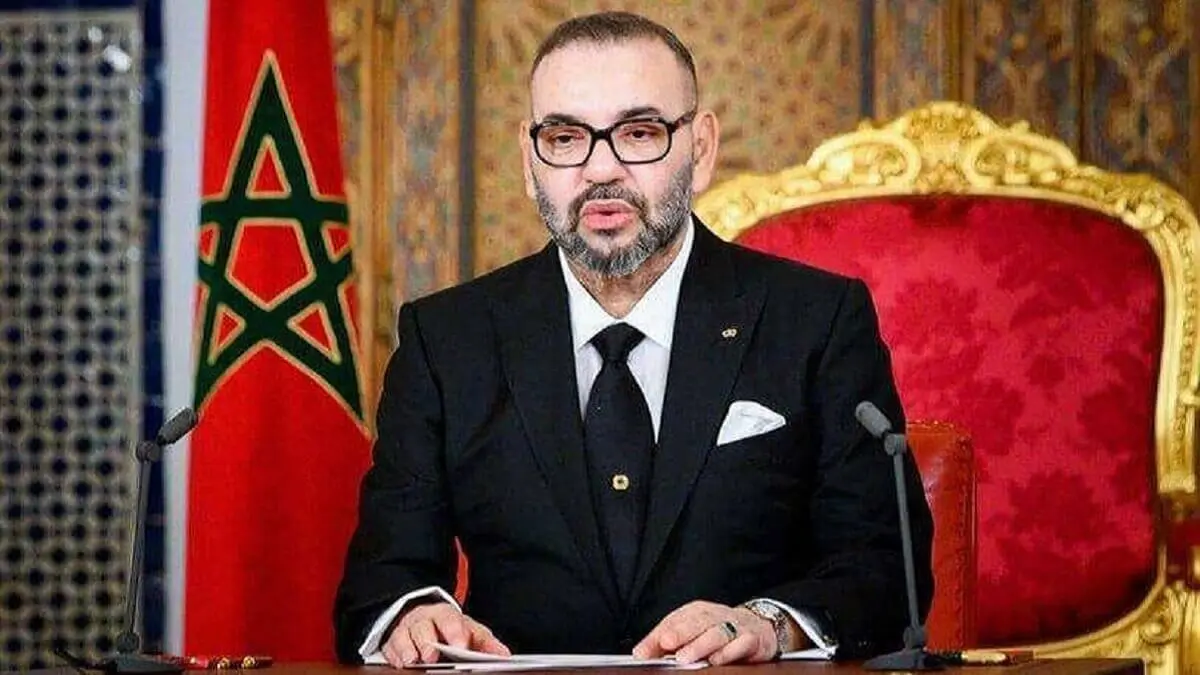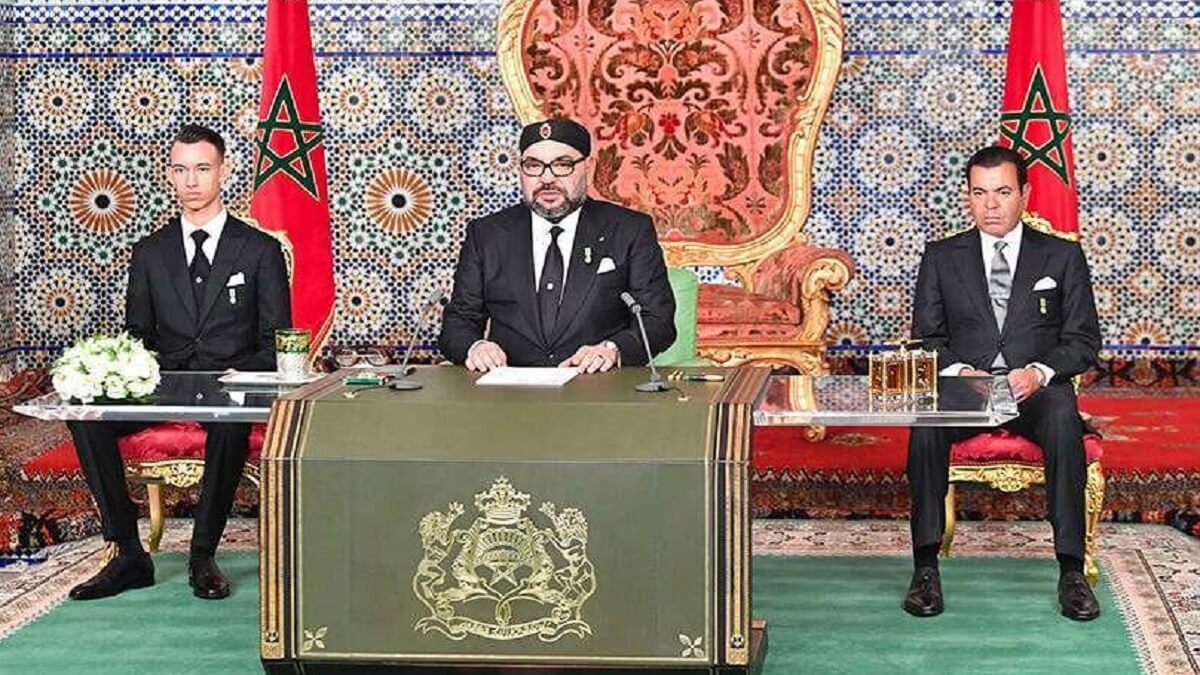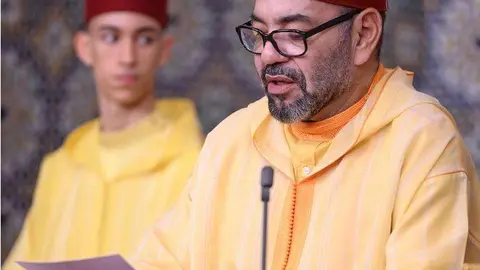Morocco: development, political stability and strong diplomacy on the eve of Throne Festival

Morocco celebrates the Feast of the Throne on 30 July, the 24th anniversary of the enthronement of King Mohammed VI, who, since his appointment as monarch in 1999, has favoured national economic, industrial and social development, prosperity, political stability and a great positioning of the North African country on the international political scene.
The Feast of the Throne is an annual national celebration commemorating the enthronement of King Mohammed VI in 1999. From that year until now, Morocco has undergone a great evolution in all respects that has positioned the North African country very well economically and politically. Every July 30, King Mohammed VI's accession to the throne is celebrated and the monarch's long-awaited speech is awaited for yet another year. The speech will take place this Saturday evening at 21:00 Moroccan time, and will be broadcast on radio and television.
In addition, the Alawi monarch will preside over a reception on Sunday evening in the main square of the town of Al-Medig. At noon on Monday 31 July, King Mohammed VI, also supreme commander of the Royal Armed Forces, will preside over the swearing-in ceremony for newly graduated officers from the various military and civilian colleges and institutes of the Armed Forces in Mechouar Square at the Royal Palace in the city of Tetouan.
On this occasion, the great national achievements made under the reign of Mohammed VI will be celebrated with progress, stability, prosperity and development in various areas, establishing the nation's economy and industry and its democratic system.
During these 24 years, King Mohammed VI did his utmost to improve the lives of millions of Moroccans and strengthen the stability of the Kingdom and its socio-political infrastructure, continuing the reforms initiated by his late father, King Hassan II.
Mohammed VI's clear objectives in these 24 years have been to promote the country's development, serve the aspirations and desires of the Moroccan people, strive for progress and prosperity and defend the preservation of territorial integrity in order to respect national unity.

One of the great examples of Morocco's industrial and economic progress was shown at the recent Industry Day held in Casablanca, which highlighted the important industrial and economic evolution that the Moroccan kingdom is undertaking, under the directives of King Mohammed VI, to boost the nation's industrial fabric and economy. All this together with the partnership with several important countries such as the United States, the United Kingdom and Israel to develop different industries and promote trade.
It is also worth highlighting the Investment Charter that has recently been shaping national economic policy. This strategy responds to King Mohammed VI's directives aimed at offering the regions financing opportunities through territorial subsidies, in order to reduce the disparities between the Kingdom's provinces in terms of attractiveness for investment.
Political stability has also been demonstrated by the smooth functioning of the Moroccan state and the normality of the democratic system, which was evident in the last electoral process that ended with the victory of the political coalition led by the current head of government, Aziz Akhannouch.
Social and educational policies have also had their place in the strategy set out by the Moroccan state under the guidelines of King Mohammed VI throughout his reign. A great example of this social protection is the strong health and control mechanism deployed with the COVID-19 pandemic, which made it possible to reduce the impact of illness and death in the nation, or measures aimed at protecting important and also minority elements of the national culture, such as the Amazigh legacy or the Jewish heritage present in Moroccan society.
Morocco's diplomatic victories abroad are based on its strong position on the international stage and, above all, on getting many important countries to support its territorial integrity and the Moroccan proposal for a solution to the Saharawi problem. The North African country proposes a broad autonomy for Western Sahara under Moroccan sovereignty, respecting the resolutions of the United Nations (UN), with the intention of developing the so-called southern provinces as much as possible and giving the territory a great capacity for manoeuvre, leaving security and foreign policy issues to the Moroccan state. Several nations such as the United States, Germany, the United Arab Emirates and Spain have pointed to the Moroccan proposal as the most serious and credible way of resolving the Saharawi question.
The Feast of the Throne also serves to strengthen the bond between the Monarchy and the people of Morocco, after a long tradition of monarchy in the North African country. A monarchy that has always sought to achieve a positive national evolution and to protect the entire population, including minorities.










